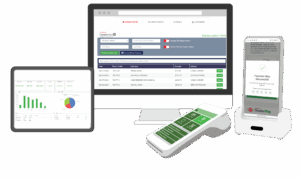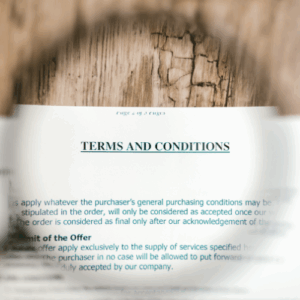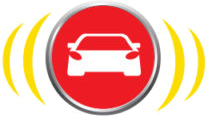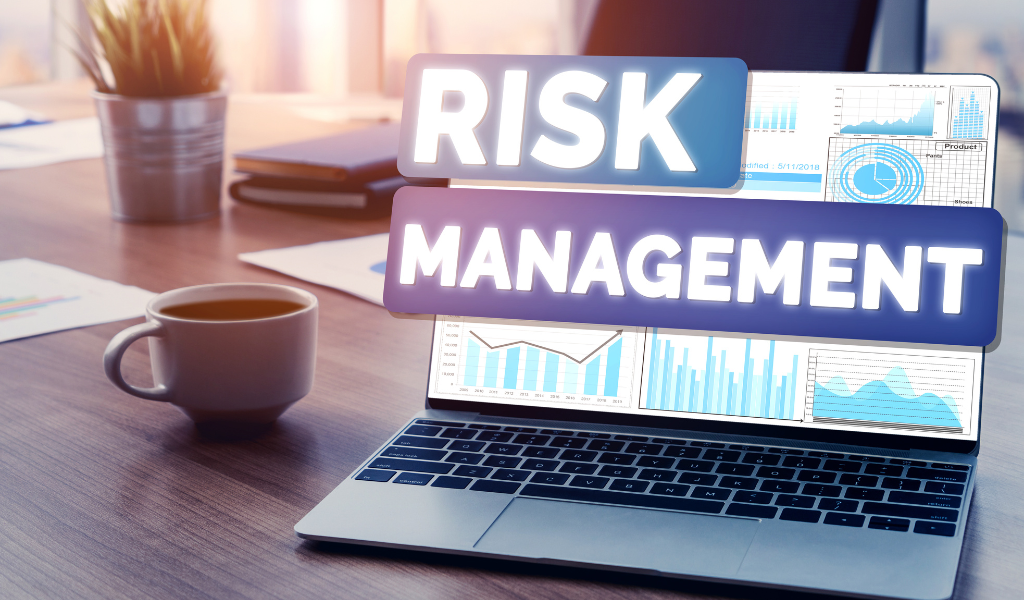Dealership card processing requires an optimized tech stack that ensures convenience for customers and efficiency for your team. Most dealer payment platforms offer many options for paying and streamlining workflows. Yet, those represent only a few capabilities necessary for modernizing payments.
Equally important is how they support risk management and compliance. Not all systems are the same; some can increase your exposure to data breaches, cyber incidents, and noncompliance.
So, what should you compare in terms of risk management and compliance? Here’s our curated list of must-haves that should be on your radar.
Proactive Fraud Prevention: 5 Must-Have Tools

Most merchant processing platforms have basic functionality to detect fraud. The level of these controls varies greatly and most are reactive, not proactive. The fact is that fraud impacts your business, regardless of your awareness.
One specific area of fraud prevention relates to chargebacks. Chargebacks occur all too often and have negative consequences on cash flow. These may happen because of unauthorized charges, customer complaints, or actual fraud. Dealer payment systems should provide safeguards to limit chargebacks and their impact.
The best way to prevent fraud and chargebacks involves these tools:
Digital signatures and proof of delivery
These features ensure legally binding proof of consent of charges. If you have a delivery option, proof provides a verifiable record. The capabilities benefit you by verifying authentication, creating proof of agreement in case of disputes, and reducing paperwork.
Transaction monitoring
Fraud prevention automatically monitors and flags suspected activity. It analyzes the patterns in real time to locate anomalies.
The tool should include behavioral analytics for finding purchasing behavior irregularities, alerts for high-risk transactions, and a mechanism to stop the charge before it becomes a chargeback.
Multi-factor authentication (MFA)
You’ll add an extra layer of security with MFA, which requires a user to authenticate through multiple channels.
AI fraud detection
Advanced payment processing platforms incorporate AI into fraud detection, offering real-time decision-making support. Transactions generate lots of data, and it’s too complex and cumbersome for manual review. AI tools like machine learning apply algorithms to data sets to root out inconsistencies.
Data encryption
Whether in transit or at rest, sensitive data needs encryption. This safeguards it and makes it more difficult for cybercriminals to access it.
Hardware That’s Risk Management Focused

Payment hardware and terminals don’t have the same configurations. It’s an important area of comparison between products. There are several attributes to prioritize, including:
- Acceptance of EMV chip cards to adhere to compliance requirements
- Secure network connections
- PCI SSC point-to-point encryption applied to payment data when tapped, dipped, swiped, or manually entered
- Chain of custody
Advanced PCI Compliance Functionality

PCI compliance is a requirement in payment processing. This is an area where processors have different interpretations. Some simply provide the minimum, while others expand with greater alignment with best practices.
In PCI compliance, the objective is to protect stored cardholder data, restrict physical access to it, and enact policies for information security throughout the business. You can meet these needs and blanket your processing in compliance by using:
- Secure gateways to inspect and control internet traffic
- Tokenization, which replaces sensitive data with symbols, storing it securely for reuse
- IP filtering, which allows or blocks data dependent on IP addresses
- MFA
- 3-D Secure, an online card security measure that requires cardholders to verify their identity
Surcharging Compliance

Surcharging enables a way to pass along processing fees to customers. However, many restrictions and regulations apply. Many payment processing systems don’t specifically help manage any risk from using surcharging. Failure to follow the rules could result in noncompliance fines.
If you want to surcharge compliantly, you need a system that:
- Ensures rates don’t exceed 3%, which is the maximum, and that you don’t generate profit
- Filters out debit cards or other payments where surcharging isn’t allowed
- Includes option to surcharge by department
- Provides you with any required signage at the point-of-sale terminal
- Produces receipts that include the surcharge line item
 Card-Not-Present Solutions
Card-Not-Present Solutions
Card-not-present transactions have a label of increased risk because of their nature. They also typically have higher processing rates, too. Dealer payment management systems should have address verification (AVS) to minimize the chance of fraud and decrease fees.
AVS validates cardholder billing information, specifically the numeric portion of the street address and ZIP code. If this data doesn’t match the issuing cardholder’s address, the payment will decline, flagged as risk.
Embedded Cybersecurity Features

Across your entire unified payment processing and AR functions, cybersecurity should be a common denominator. Being cyber secure involves both your technology provider and you. When evaluating options, there are “green” flags that demonstrate their commitment to cybersecurity.
Features to inquire about include:
- Password-protected application programming interface (API) keys
- Required fields in card-not-present transaction (e.g., CVV, ZIP code)
- Tokenization only, with no stored card numbers ever
- Transaction limits
- Firewall and network security
- DNS filtering to block phishing attacks
- Continuous data backup for restoration or recovery
Managing Risk and Enhancing Compliance with Dealer Pay

There are no shortcuts in risk management and compliance of payments. Some platforms provide only minimal coverage, leaving you exposed. Dealer Pay doesn’t. Our systems include all 10 of these features and more. Plus, a dedication to security and compliance doesn’t impact efficiency or customer satisfaction. It’s possible to prioritize both.
Our expertise and innovative technology are leading the way for dealerships, delivering security and compliance capabilities that protect your business and streamline processes.
See how we’re working for you by scheduling a demo.


